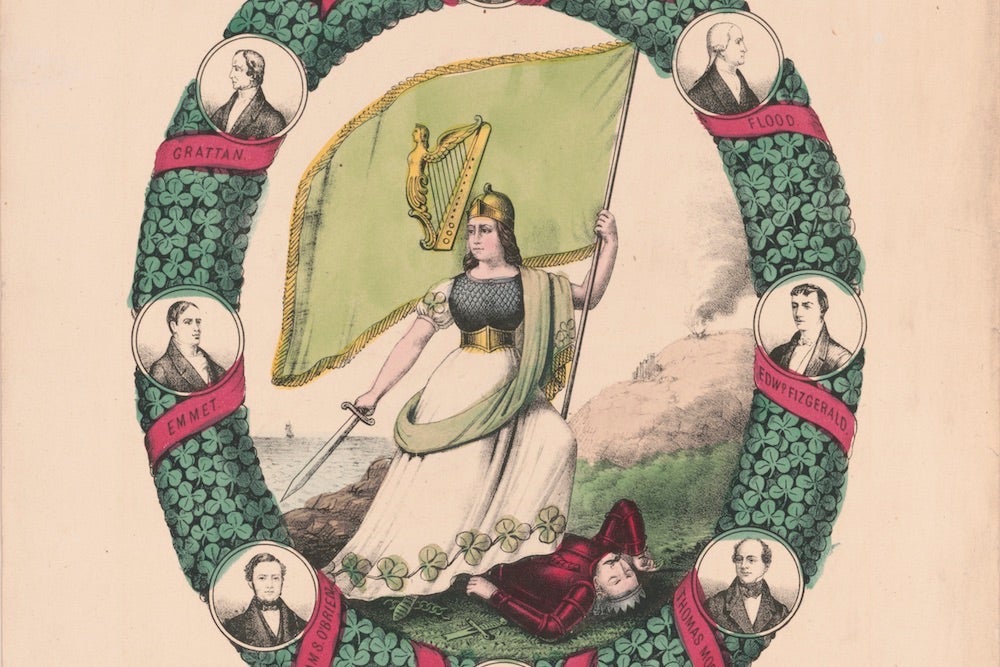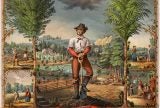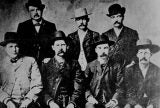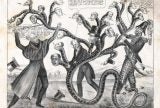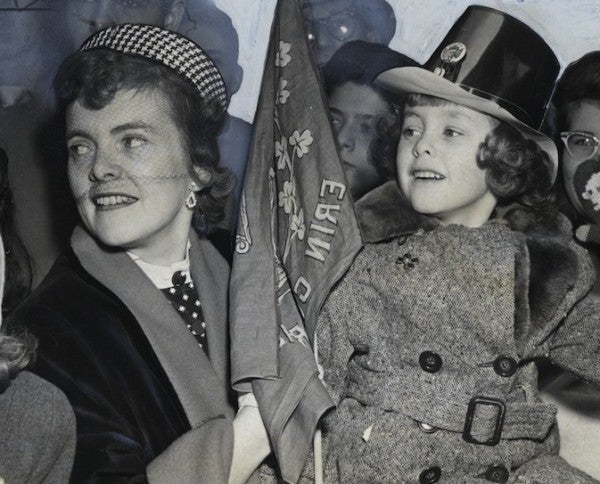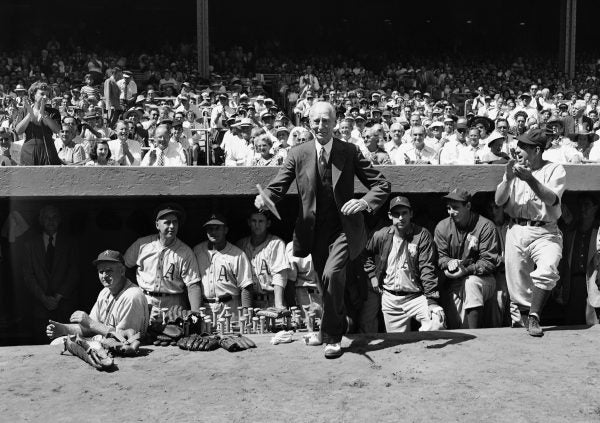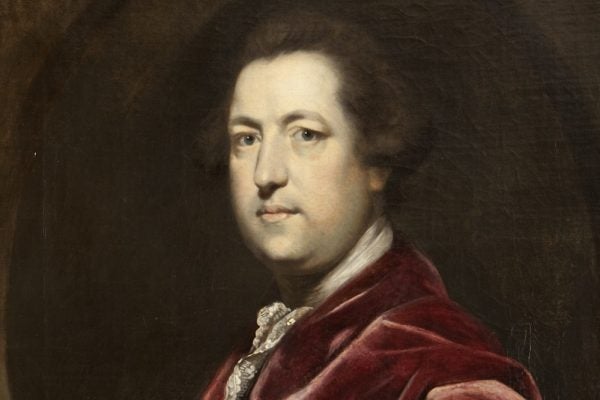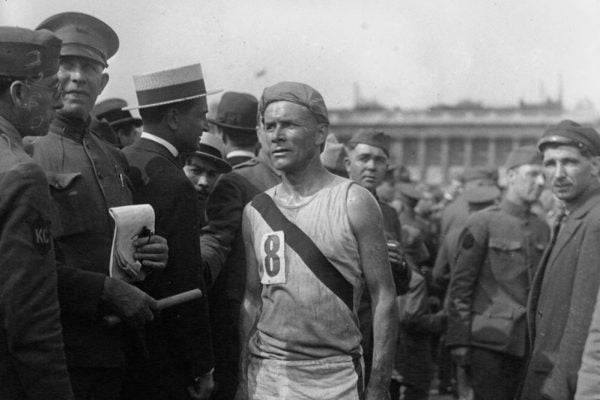The Irish-American Social Club Whose Exploits in Their Homeland Sparked a New Understanding of Citizenship
In 1867, the Fenian Brotherhood Was Caught Running Guns to Ireland, Precipitating a Diplomatic Crisis
On October 30, 1867, John Warren, a grocer and newspaper man from Charlestown, Massachusetts, entered the dock at Green Street Courthouse in Dublin, Ireland, to stand trial for treason. The Irish attorney general rose to accuse Warren of leading a wicked international conspiracy to overthrow Queen Victoria’s rule in Ireland.
Warren, described by journalists as “squat” and with thinning auburn hair, didn’t look the part of a dangerous revolutionary. But as a member of the Fenian Brotherhood, a transatlantic organization with branches in the U.S. and Ireland, Warren had led …




